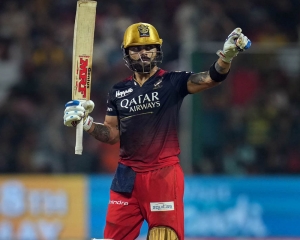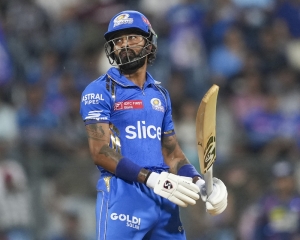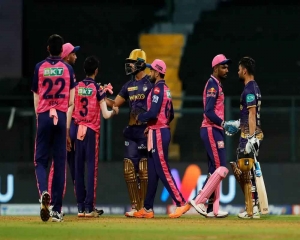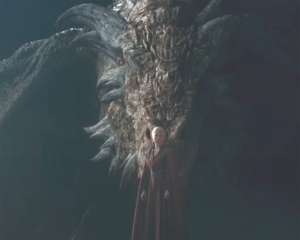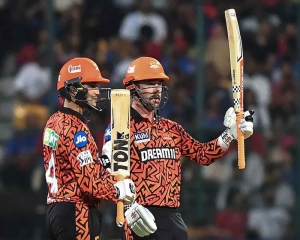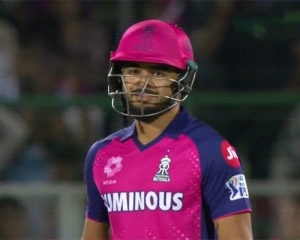The 127th Constitution Amendment Bill, 2021, to give power to the State and Union Territories to enlist and maintain their own SEBC list, has been passed by both Houses of Parliament with extensive debate and support of all parties. This was required to reverse a recent Supreme Court judgment based on the 102 Constitutional amendment of 2018 that set a limit to reservations to maximum of 50 per cent. There was a need to amend Article 342A and substantial amendment in Article 338B and 366 of the Constitution to restore the power of the State in line with federal structure and bring more clarity over the issues of OBC list preparation.
The move is more a correction than any bold step towards heralding any change in the real issues.The real issues of OBC reservation confronting many States such as Odisha is 50 per cent cap over reservation and get a correct figure of the OBC population and their socio-economic condition to ensure social justice for almost nearly half of the population. There has been a demand by major parties to disclose the SECC -2011 data or go for detail caste census in 2021 along with repeal of 50 percent cap over reservation to move further by allowing States to make arrangements of reservation as per their social demography.
There are 2,479 castes, sub-castes and communities in India who have been notified as Other Backward Classes (OBC) in the Central list of the country. They are historically denied a fair representation in governance and remain disproportionately underrepresented in public sector job and education.
In the absence of a Census data since 1931 a correct figure of the population of OBC has not been available but it was estimated by Mandal Commission that they constitute about 52 per cent of the total population of the country. The National Sample Survey in its 61st round in 2005 on employment and unemployment situation among social groups in India, estimated the OBC to be 41 per cent of the country's population.
The socio-economic and caste census data of 2011 by Register General of India has to disclose the caste wise population to know the correct figure. Why the country denied a fair participation to almost half of its population is a moot question.
The history of reservation in India can be traced back to non- representation of a big section of communities in education and governance in princely States during early twentieth century.
It was mostly the non-Brahmin castes which were excluded and deprived of participation in governance and other areas of public life. The princely State of Kolhapur was the pioneer in introduction of reservation in 1902 for backward and depressed classes currently known as SCs, STs and OBCs. Later, it was followed by Mysore, Madras in 1921, Bombay presidency in 1931 and Travancore in 1935 followed by Cochin. It was to give a fair share in education and job to the deprived castes and put an end to the hegemony of the upper caste people.
There are also examples of exception in States such as Tamil Nadu and a number of other States having sizeable OBC population. They also have passed laws to raise the quota limit of 50 per cent but under judiciary glare.
The State of Tamil Nadu has 50 per cent reservation for OBCs, out of total 69 per cent, which includes 26.5 per cent for BCs, 3.5 per cent for Backward Class Muslims, and 20 per cent for Most Backward Classes. The Tamil Nadu Backward Classes, Scheduled Castes and Scheduled Tribes (Reservation of seats in educational institutions and of appointments or posts in the services under the State) Act 1993, enjoys protection of 9th schedule 257, A, inserted under Constitutional 76th Amendment Act 1994 with effect from August 31, 1994.
The other States such as Kerala has 40 per cent, Karnataka has 32 per cent, Puduchery has 34 and AP has 29 per cent reservation for OBCs. The States and UTs of Arunachal Pradesh, Tripura, Meghalaya, Mizoram, Nagaland, and Lakshadweep have no reservation for BCs because they have no such population. The Government of Odisha has enacted The Odisha State Commission for Backward Classes Act 1993 and has implemented reservation for OBCs in late almost after 45 years of independence with very less percentage in comparison to other States though OBCs constitute a major portion of the population and continue to remain under represented in State Government jobs and education. There are more than 210 castes identified as SEBC in the State list and 197 in Central list of OBCs.
It was fact that Odisha’s the then Government had opposed the Mandal Commission recommendations by all means. Already there has been horizontal reservation for women and PWD and vertical reservation for SCs, STs and BCs provided under the Constitution. Now EWS, another category has been added to cover the non-SC, ST and OBCs. The Odisha Reservation of Posts and Services (socially and educationally backward classes) Act 2008 has not been implemented. The Government of Odisha has made legislation for 27 per cent reservation in job and educational institutions but later reduced it to 11.25 per cent because of the compulsion of 50 per cent criteria imposed by the Supreme Court.
The SCs and STs constitute 40 per cent of the States’ total population and there is 6-per cent minority population. Together, they constitute 46 per cent of the total population.
Though SCs and STs have reservation in proportion to their population but the OBCs and minority population have not yet got reservation. So it is desirable that the Government of Odisha must ensure justice to its OBCs and minority.
(manasbbsr15@gmail.com)













